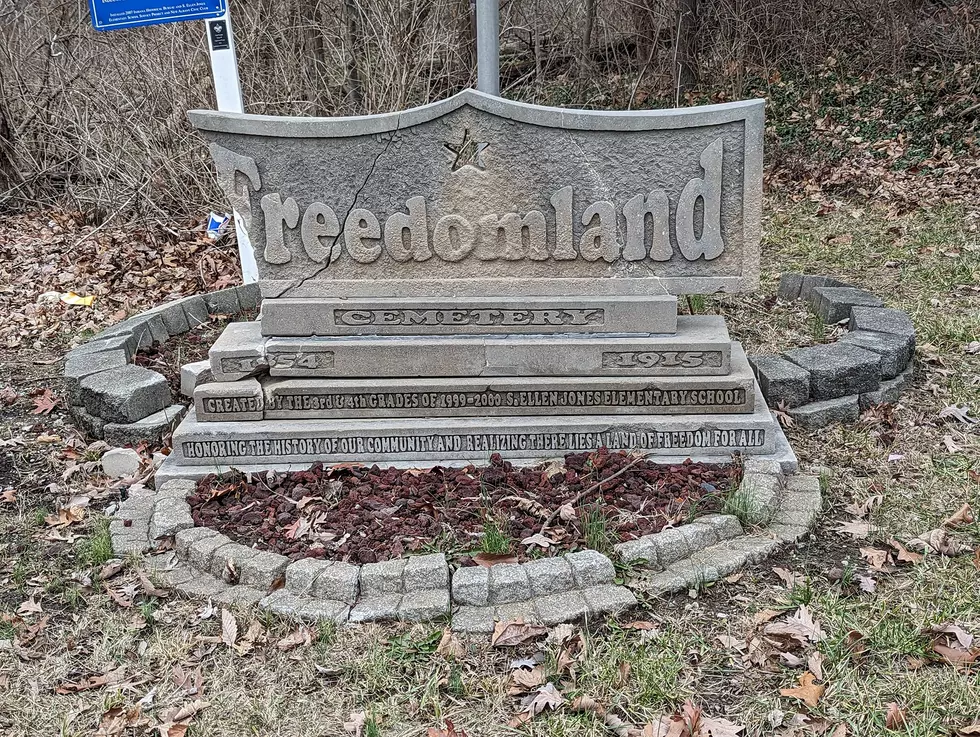
Historic African-American Cemetery in Indiana in Desperate Need of Repairs
Within the last couple of years, I became interested in tracing my family's ancestry after my grandfather died. Learning the names of past relatives along with information about the lives that they led was not only interesting but made me feel closer to those loved ones I never got the chance to meet.
During my search when I would find out where my relatives were buried, I made it a point to visit them to pay my respects. Although this included a few road trips, it was nonetheless a rewarding experience to trace my family's roots and see their final resting places.
More than Ghost Stories
Spending a free Saturday afternoon walking through cemeteries may not be everyone's cup of tea. Despite the reputation cemeteries have for being haunted and absolutely spooky, I found reconnecting with my past loved ones by visiting their resting places to bring a sense of closeness to those of my family I have only known through stories passed down from my grandparents.
There was one cemetery that I remember distinctly because it wasn't marked. Hidden up a back road and beyond a tree line was a family-owned cemetery where some of the original members of my family were buried. I seriously couldn't help but marvel in the aged headstones that could only be read by feeling for the letters under my fingertips. Many of them were crumbling due to their years in the elements. Nonetheless, it was awe-inspiring to uncover all of that history just by visiting the small, hidden cemetery.
Even if you aren't embarking on a deep dive of your ancestry, the rich history that cemeteries hold is fascinating to learn. Some even maintain the characteristics of when they were originally constructed. Looking past those ghost stories that you may hear, there is tons of local history to be found in these old cemeteries.

If you are interested in discovering the history that a cemetery can hold, a great place to start is by visiting Freedomland. Located in New Albany, Indiana, Freedomland is a cemetery that served as the primary burial grounds for African Americans in the town from the 1850's up to the early 20th century.
Before the Civil War, segregated burial practices were common. Whereas some places prohibited African American gravesites, others, like New Albany, constructed black-only cemeteries. Although many burial grounds of this kind have long since been abandoned, Freedomland was rediscovered in the 1980s and rehabilitated as an important part of New Albany's history.
Here's a look at some of the gravestones at Freedomland taken by Adrian Crenshaw.
According to IUPUI's public history site, Freedomland is the burial site of former slaves, members of New Albany's free-black community, and of United States Colored Troops veterans. There are an estimated 300 people that have been buried here. Just a walk through this cemetery shows visitors the value of appreciating historical cemeteries such as this as well as paying respect to those individuals who are forever memorialized here.
Preserving Local History
Despite efforts of third, fourth, and fifth-grade students from S. Ellen Jones Elementary and other members of the community, there is much work left to do in the restoration and maintenance of this historical site.
After a driver struck the entrance sign last summer, causing significant damage, the New Albany Township Trustee's office began the process to take over ownership.
Gaining ownership would allow the trustee's office to use funding to help regulate the maintenance of the cemetery as well as add signage informing visitors of its significant history. With the legal battle placed on hold due to the pandemic, the trustee's office is ready to resume its efforts to preserve the legacy that Freedomland holds.+
Check Out Hauntingly Beautiful Photos of the Abandoned Indiana State Sanatorium
Incredible Photos of Indiana's Abandoned Colgate Factory
More From WOMI-AM









